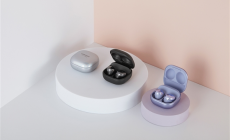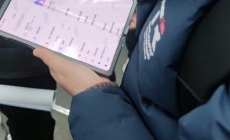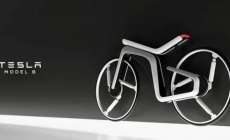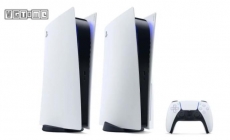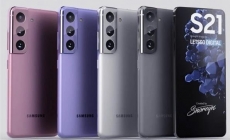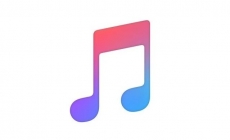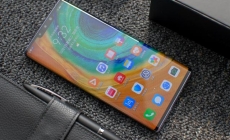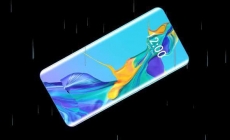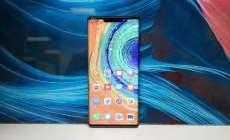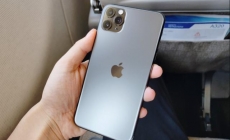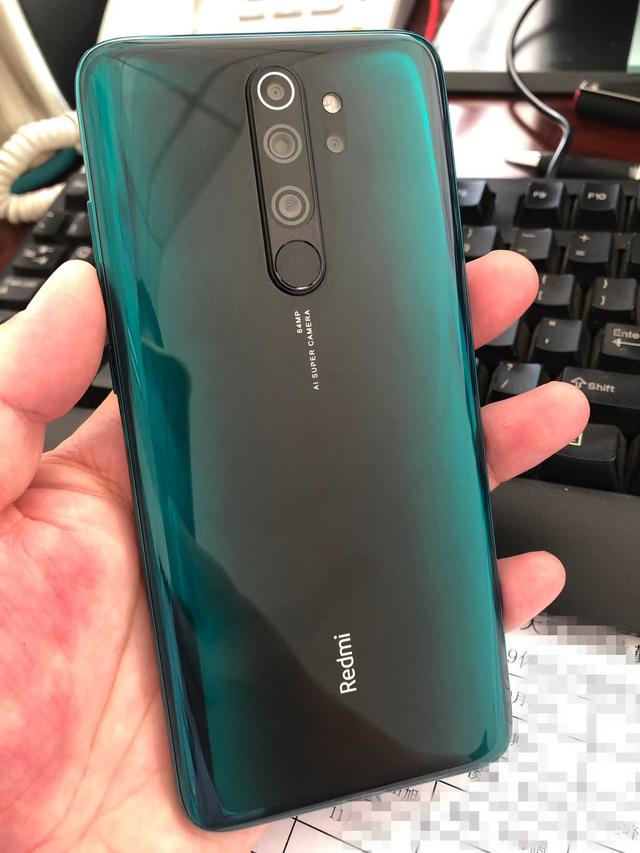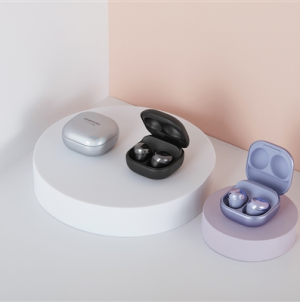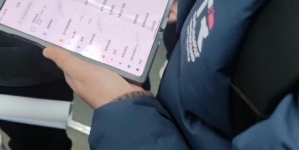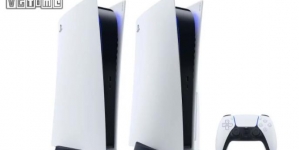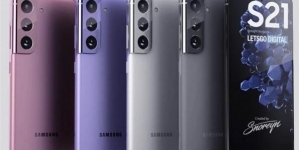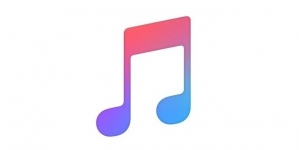-
Samsung Buds Pro wireless noise canceling headphones released: 28 hours of battery life - January 16, 2021
-
Mi 8-inch folding screen real machine spy photos overlap: internal folding design, equipped with 100 million pixel camera or debut in spring - January 16, 2021
-
New member of the four-second club, Lynk & Co’s ZERO concept production car starts dynamic testing - December 12, 2020
-
Spike 99% of the models Tesla concept bikes exposed! - December 12, 2020
-
PS5 becomes the first console in the United States with the highest monthly sales and sales - December 12, 2020
-
Samsung will launch a special protective case to support S21 Ultra to accommodate S Pen - December 12, 2020
-
iOS14.3 will be released soon, Apple Music will support album artwork animation - December 12, 2020
-
The peak of the work, four camera like the emperor: Mate 30 PRO out of the box - October 8, 2019
-
Huawei P40 design is more radical, rear five-shot lens, 100 million pixels impact DxO list? - October 8, 2019
-
Apple broke 100 million in a minute, Huawei broke 500 million in one minute, but Mate30 lost to iPhone11. - October 8, 2019
Google Announces New $999 Glass Augmented Reality Headset
Google has announced a new version of its commercial-oriented glass augmented reality headset, which is now designating Google’s official product, not an experiment. Glass Enterprise Edition 2 is priced at $999, but like its predecessor, it is not sold directly to consumers. It has a new processor, an improved camera, a USB-C port for faster charging, and a variety of other updates.

Google has yet to position Glass as a mainstream product. But it seems that sales of Glass Enterprise Edition 2 will increase. The device has moved from Google’s parent company Alphabet’s X “moonshot factory” to the Google family of products, allowing Google to “meet growing market demand.” Wearables in the workplace,” according to blog posts.
The basic glass design does not change much. It’s still a relatively simple head-up display, not a Microsoft HoloLens-style hybrid reality headset. However, it has been accelerated with Qualcomm’s Snapdragon XR1 chip, which is designed for enhancement and virtual reality. Google said that with the power of the XR1, the new Glass headset can be integrated into “computer vision and advanced machine learning.” Google has released a consumer-centric computer vision tool called Lens that provides logo translation. And restaurant recommendations and other features.
Google is also working with Smith Optics to provide Glass with a new security framework, as well as larger batteries and other upgrade components. Glass is now also running on Android, supporting Android enterprise mobile device management. The existence of Glass Enterprise Edition 2 has been leaked a few months ago, and there is news that it may turn to Android. But so far, we have not fully understood Google’s plans.
Glass was originally known as the mass market augmented reality headset, but after complaining about privacy and functionality, Google redesigned it as a tool for surgeons, factory workers and other professionals. Google said that by using Glass for hands-free computing or troubleshooting, companies have reported “faster production times, higher quality and lower costs.” The original “Resource Manager” was priced at $1,500, so while Enterprise Edition 2’s $999 is not cheap, it’s still easier to get.
Several other companies are also developing business-oriented augmented reality glasses, including Microsoft, Vuzix and Epson. At the same time, despite the existence of smart glasses like North Focals, consumer-centric AR did not go too far. Moving glass out of the X plan seems to be a vote of confidence in Google – but for now, there is no indication that it is moving to a wider audience.
